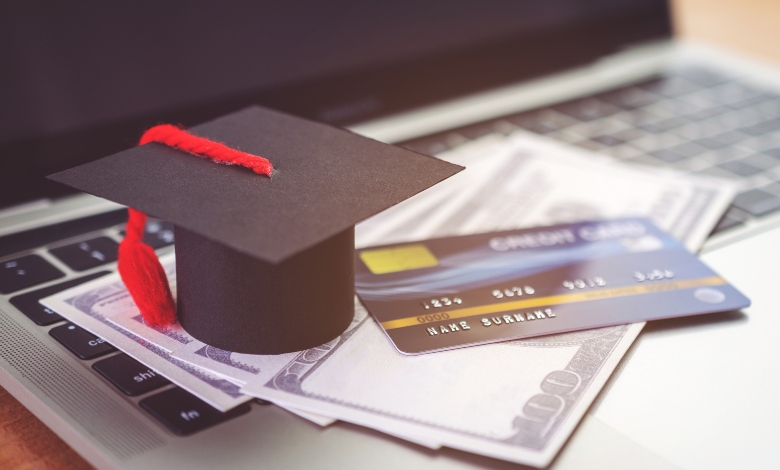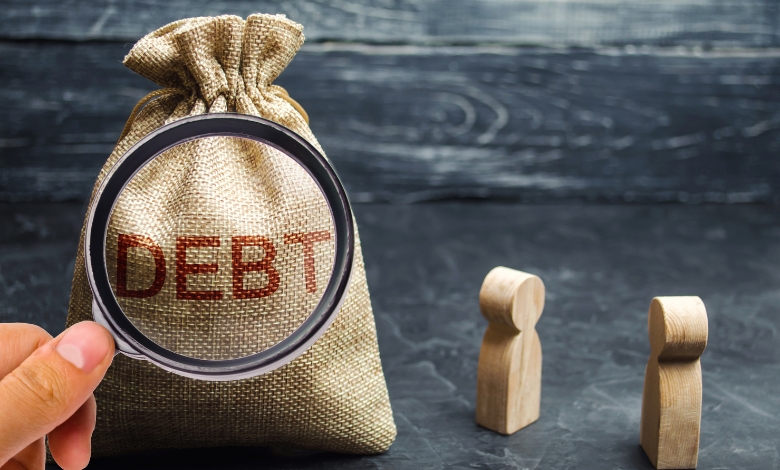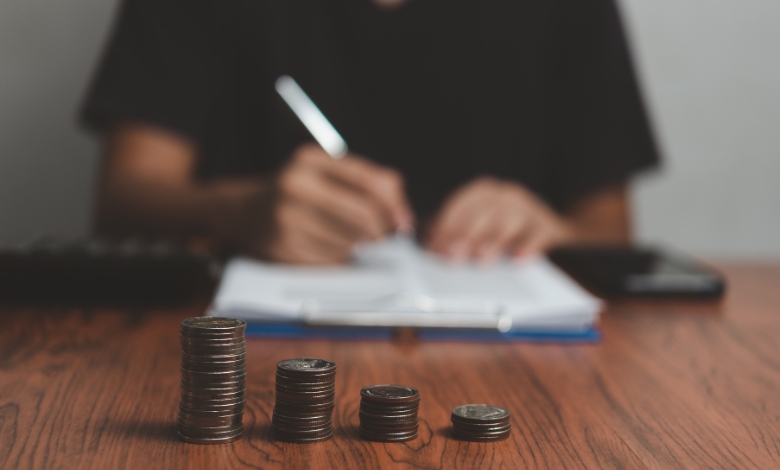Is a student loan secured or unsecured? Learn why most are unsecured, what that means, and how it impacts your financial future.
If you’ve ever taken out a student loan, or even thought about it, you’ve probably wondered: “Is this loan secured or unsecured?” It’s a simple question, but the answer can make a big difference for your financial situation.
I had a client once, a recent college grad drowning in student loans, who asked me the same thing. He was worried about missing payments and what might happen if he couldn’t pay. Could the lender take his car? His house? What did he really sign up for?
Here’s the deal: most student loans are unsecured. That means they aren’t backed by collateral like a house or car. But that doesn’t mean there’s no risk. In fact, defaulting on an unsecured student loan can still have serious consequences, sometimes even worse than loans that are secured.
In this post, I’ll break down what secured and unsecured loans are, why student loans are usually unsecured, and what that means for your finances. By the end, you’ll know how to manage your debt better and stay in control of your financial future.
Find Out How Your Student Loan Affects Your Finances
Use our free Student Loan Calculator today!
Article Breakdown
Secured vs. Unsecured Loans: A Quick Breakdown
Before talking specifically about student loans, let’s quickly go over the difference between secured and unsecured loans.
What Are Secured Loans?
A secured loan is backed by collateral, this is something valuable, like a house or a car, that the lender can take if you don’t repay the loan.
Examples of secured loans:
- Mortgages: Your home acts as collateral.
- Auto loans: Your car can be repossessed if you stop making payments.
- Secured personal loans: Some lenders let you use things like your savings account as collateral.
The big advantage of secured loans? You’ll usually get lower interest rates. Lenders feel safer giving these loans because they can recover their money if something goes wrong, so they tend to offer better terms.
Unsecured Loans: The Risk Lies Elsewhere
Unsecured loans don’t require you to put up anything valuable, like your car or house, as collateral. Instead, lenders decide whether to approve you based on:
- Your credit score
- You Income
- Your Current debt
Examples of unsecured loans include credit cards, personal loans, medical bills, and student loans.
But because there’s no collateral to back them up, they tend to have higher interest rates and stricter approval criteria. Plus, even though you’re not putting up an asset, defaulting on an unsecured loan can still seriously hurt your credit and your finances.
So, Are Student Loans Secured or Unsecured?
The short answer: Most student loans don’t require collateral and unsecured.
When you take out a student loan, whether it’s federal or private, the lender doesn’t ask for any assets, like a car or house, to secure the loan. Instead, they’re betting on your ability to earn money in the future.
But don’t be misled by the word “unsecured.” Student loans are some of the hardest debts to get rid of. You usually can’t wipe them out through bankruptcy, and the government has powerful tools to make sure you pay them back.
The Consequences of Defaulting on an Unsecured Student Loan
Since student loans aren’t tied to assets like a house or car, you might think defaulting isn’t a big deal. But here’s where things get tricky. Just because lenders can’t repossess your property doesn’t mean they don’t have ways to get their money back.
Here’s what can happen if you default on your student loans:
1. Your Credit Score Takes a Huge Hit
Late payments and defaults will show up on your credit report, making it harder to secure future loans, rent an apartment, or even land certain jobs. A low credit score can follow you for years, limiting your financial options.
2. Wage Garnishment and Tax Refund Seizure
If you default on federal student loans, the government can garnish your wages, meaning your employer will be legally required to send a portion of your paycheck directly to the loan servicer. They can also seize your tax refund before it ever hits your bank account.
3. Collection Agencies and Lawsuits
Private lenders don’t have the same powers as the federal government, but that doesn’t mean they’re powerless. Many will sell your debt to collection agencies, leading to aggressive calls, legal threats, and even lawsuits. If a court rules against you, they can also garnish your wages or bank account.
Alternative Financing Options: Should You Use a Secured Loan to Pay Off Student Debt?
Some borrowers consider using secured loans, like home equity loans, to refinance their student debt. On paper, this might seem like a great idea. After all, secured loans often have lower interest rates.
But here’s the problem: You’re turning unsecured debt into secured debt.
If you fall behind on payments, now you actually could lose your home or car. I’ve seen too many people take this route without fully understanding the risks, only to end up in an even worse financial situation.
So, should you do it? Only if you’re 100% confident in your ability to repay the loan. And even then, it’s worth exploring other refinancing or income-driven repayment options first.
How to Stay in Control of Your Student Loan Debt
1. Know Your Loan Terms
Many borrowers don’t fully understand their loan’s interest rates, repayment options, or consequences of default. If you’re unsure about anything, call your loan servicer. Knowledge is power when it comes to managing debt.
2. Explore Income-Driven Repayment Plans
Federal student loans offer income-driven repayment (IDR) plans that cap your monthly payments based on your earnings. If you’re struggling, switching to one of these plans can provide immediate relief.
3. Consider Refinancing (But Be Careful!)
If you have good credit and a steady income, refinancing your student loans with a private lender might lower your interest rate. But beware, refinancing federal loans means losing access to income-driven plans and forgiveness programs.
4. Avoid Default at All Costs
If you’re at risk of defaulting, contact your lender before it happens. Many offer deferment or forbearance options that temporarily pause payments. It’s always better to be proactive than to deal with the fallout of default.
Key Takings
- Student loans are typically unsecured, but they carry unique long-term financial risks.
- Understanding the nature of student loans is essential for planning repayment strategies.
- If you’re feeling overwhelmed, remember you’re not alone, help and options are available.
- Stay informed, explore repayment strategies, and act early to avoid financial difficulties.
- Smart financial decisions come from knowledge and confidence, not fear.
Additional Resources
- 10 Tips for Managing Your Student Loan Debt: A comprehensive guide from Investopedia offering practical tips like calculating your total debt, exploring loan forgiveness, and understanding grace periods.
- How to Manage Student Loan Debt – Ameriprise Advisors: This article outlines seven strategies, including paying more than the minimum and reducing your interest rate.
- Actionable Strategies to Manage Student Loan Debt – Laurel Road: Offers actionable advice like making payments during school and leveraging interest-free periods to reduce your loan balance.



